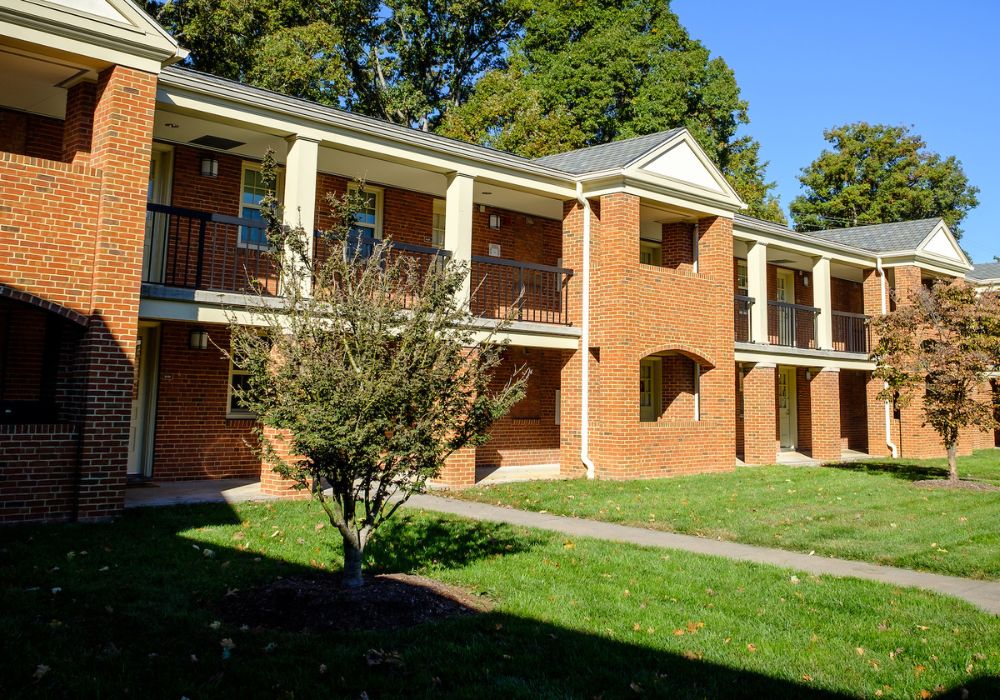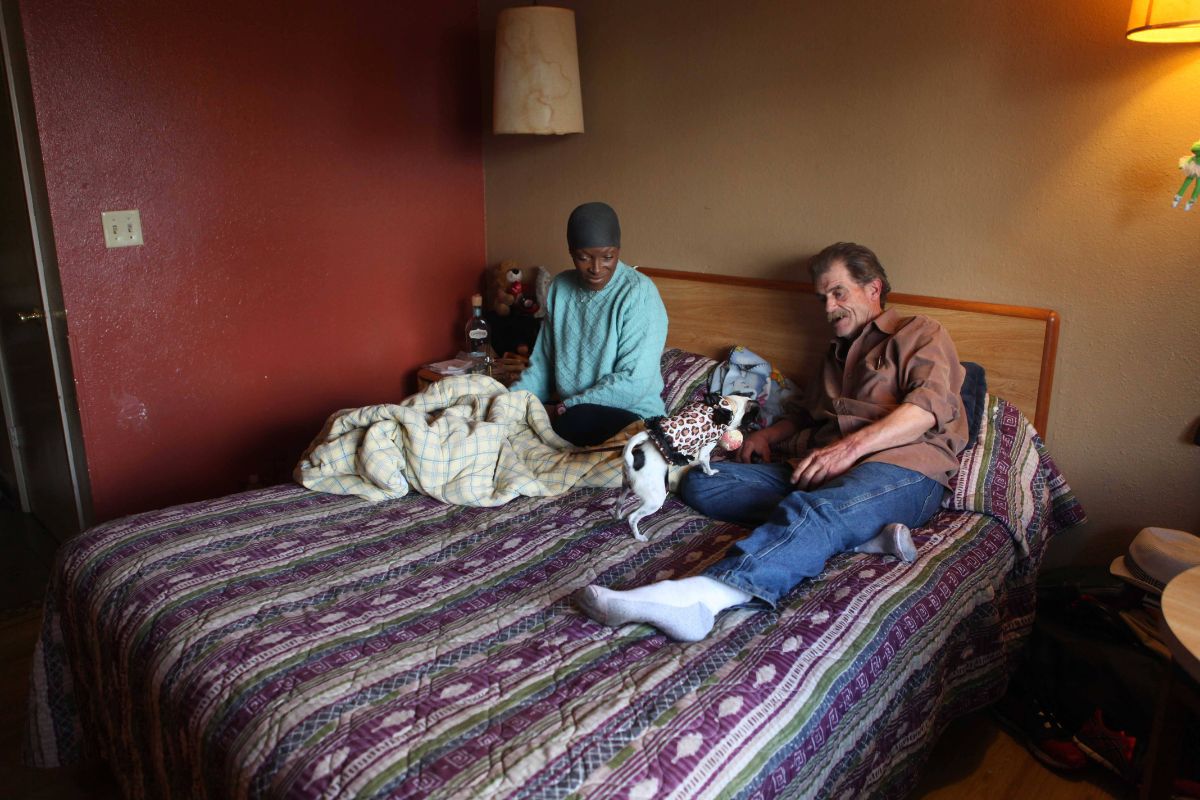Squatting, or living in a property without the permission of the owner, is an issue that arises in many areas. In the state of Nevada, there are certain legal rights that squatters have established through case law and statute. In this article, we will explore squatters rights in Nevada.
How Do Squatters Claim Adverse Possession in Nevada?
In Nevada, a squatter may claim adverse possession of a property after occupying it for five consecutive years. To do so, they must not only live on the property continuously for that full five year period, but also pay all property taxes owed during their occupation.
In addition to the time and tax requirements, the squatter's possession of the property must be actual, open and notorious, exclusive, hostile, and continuous. This means the squatter's control and use of the land is obvious to anyone visiting, they live there alone without a larger group, their residence conflicts with the owner's rights, and they haven't vacated the property for any period during the five years.
If a squatter satisfies all these conditions of adverse possession, they may legally take ownership of the property from the original owner after five years without having to purchase it.
Related: Can You Turn Off Utilities On A Squatter?
What are the Legal Definitions of a Squatter vs Trespasser in Nevada?

While squatters and trespassers are often conflated, Nevada law defines them differently with important legal implications. A squatter is someone who occupies an abandoned or unoccupied property they do not own with or without knowledge of trespassing.
In contrast, a trespasser knowingly and unlawfully enters land they do not have permission to access. This subtle difference means squatting is regarded as a civil matter that can potentially lead to property rights through adverse possession, while trespassing is treated as a criminal offense.
How Can Property Owners Evict Squatters in Nevada?
Nevada passed an Unlawful Occupancy Law in 2019 that enables police to arrest squatters on private property with a gross misdemeanor charge. Property owners can call local authorities if they discover an unwanted squatter, and police are empowered to remove the individual from the premises on the spot.
Owners can also change the locks, post written notices, and submit necessary paperwork to prevent the squatter from returning. Failing removal by police, owners can serve squatters with a four-day notice to vacate which, if ignored, allows an eviction process through the civil court system.
Overall, Nevada's laws aim to make the eviction of squatters a simple and speedy process for property owners.
Do Squatters Have Any Protections From Eviction in Nevada?
While Nevada law enables the quick eviction of squatters, they are afforded some basic protections to ensure due process. Following police removal or service of an eviction notice, squatters have the right to contest the eviction in civil court within four days if they believe the owner's claims are invalid.
The court will then evaluate whether the squatter satisfied adverse possession requirements or has any other defense against removal such as unpaid rent. Although the burden of proof remains with squatters in these cases, they at least have an opportunity to make their case and avoid arbitrary eviction.
Their other rights include due notice and a hearing should the owner pursue damages in a separate property or rent dispute case.
What Penalties Do Squatters Face if Evicted in Nevada?
Under the Unlawful Occupancy Law, any squatter arrested by police faces a gross misdemeanor charge punishable by up to one year in county jail and fines up to $2,000. Even if not initially arrested, a squatter evicted through the civil process opens themselves up to potential criminal charges if they are later found reoccupying the same property.
This deters squatters from attempting to return after eviction and provides authorities sufficient cause to jail repeat offenders. The criminal penalties aim to both protect private property rights as well as discourage a revolving door of new homeless encampments through sustained squatting deterrence.
Do Municipalities Like Las Vegas Have Additional Squatter Laws?
Beyond statewide statutes, local Nevada municipalities add further regulation regarding homeless encampments that practically function as anti-squatting laws. For example, Las Vegas passed an ordinance in 2019 banning people from sleeping or erecting tents on public streets, under highways, and in other city areas not zoned for habitation.
While not explicit squatter eviction, the ban removes places where squatting may initially be attempted. Cities supplement state adverse possession law through local policies addressing the root issues that enable squatting like vagrancy and lack of housing alternatives for those without shelter options.
What Actions Should Property Owners Take Upon Discovering Squatters?
If owners discover an unexpected squatter living on their Nevada property, decisive action is important. They should first verify the identity of the individual and take documentation like photographs proving squatting has occurred. Next, immediately contact local authorities to request arrest and removal of the unlawful resident.
To prevent reoccupation, owners can change property access points like windows and locks while the squatter is absent. Submission of custody affidavits, unlawful occupation filings, and recorded notices will strengthen an eviction case if needed. Most importantly, seeking assistance from law enforcement and pursuing necessary legal channels helps avoid potential squatter rights issues and deters future unlawful habitation on the property.
Conclusion
In conclusion, while adverse possession law establishes certain entitlements for squatters in Nevada, the state primarily aims to support private property rights through streamlined eviction of unlawful residents. Local police are empowered to immediately arrest squatters, and authorities provide civil remedies for owners to change access controls and clarify ownership rights following removal of unwanted occupants.
With swift notification of authorities upon discovering a squatter coupled with changing physical access and filing procedural notices, Nevada property holders can readily protect their assets from unlawful habitation issues.





